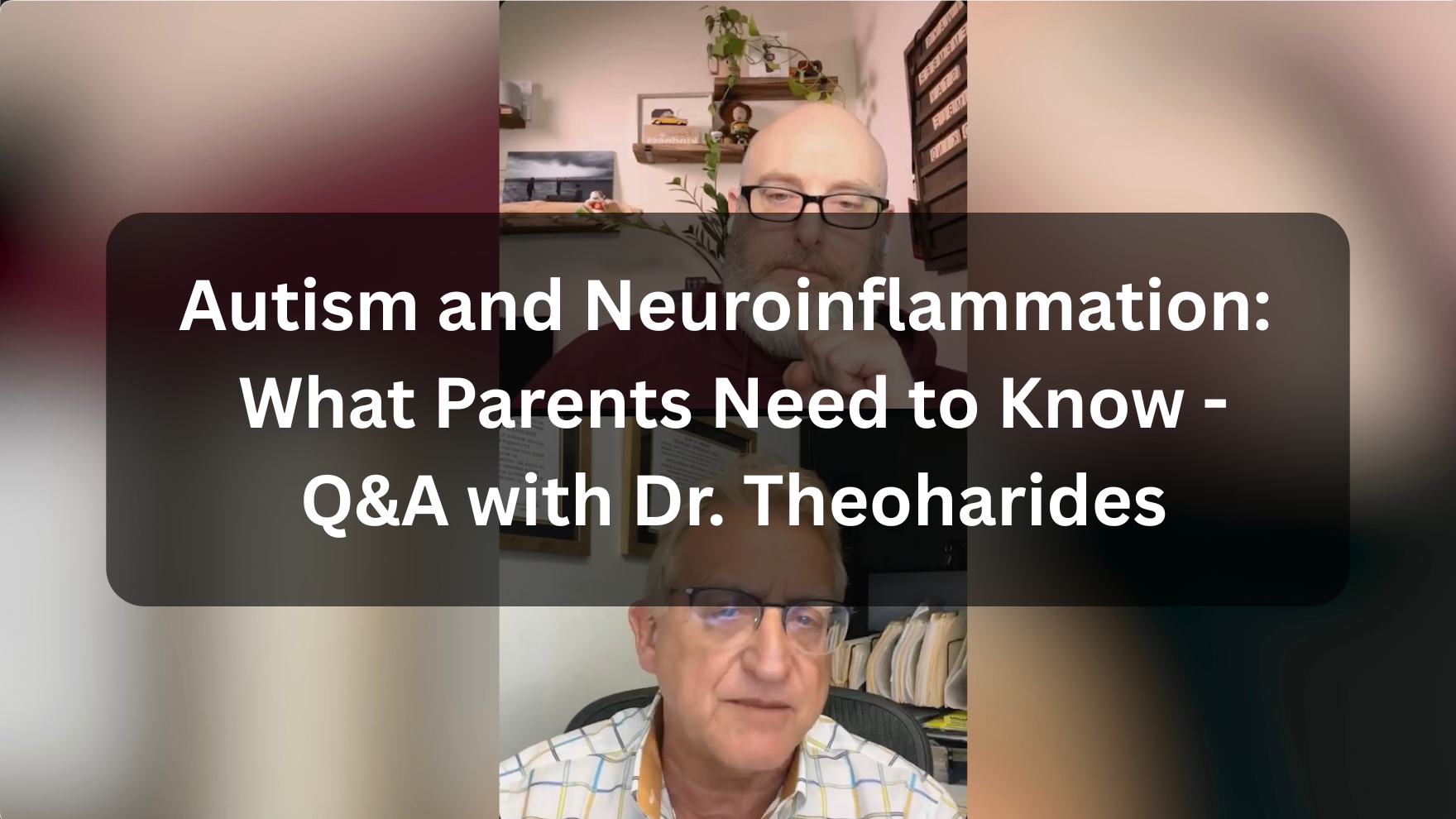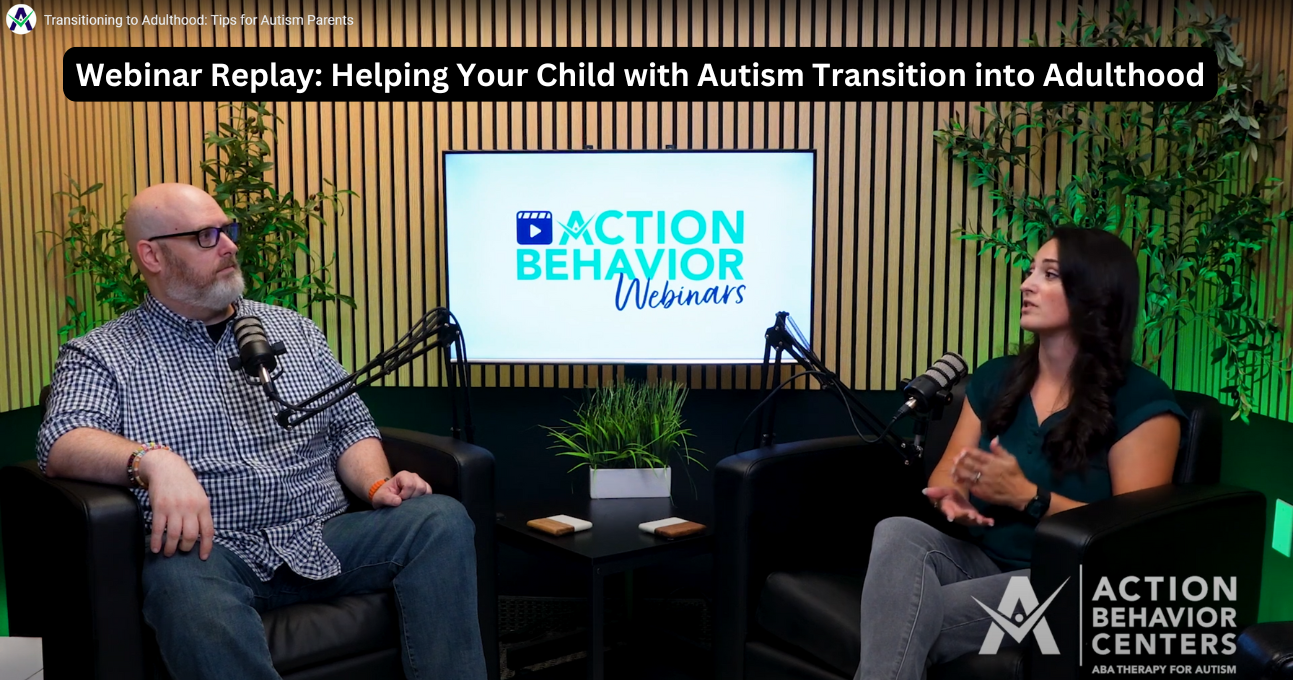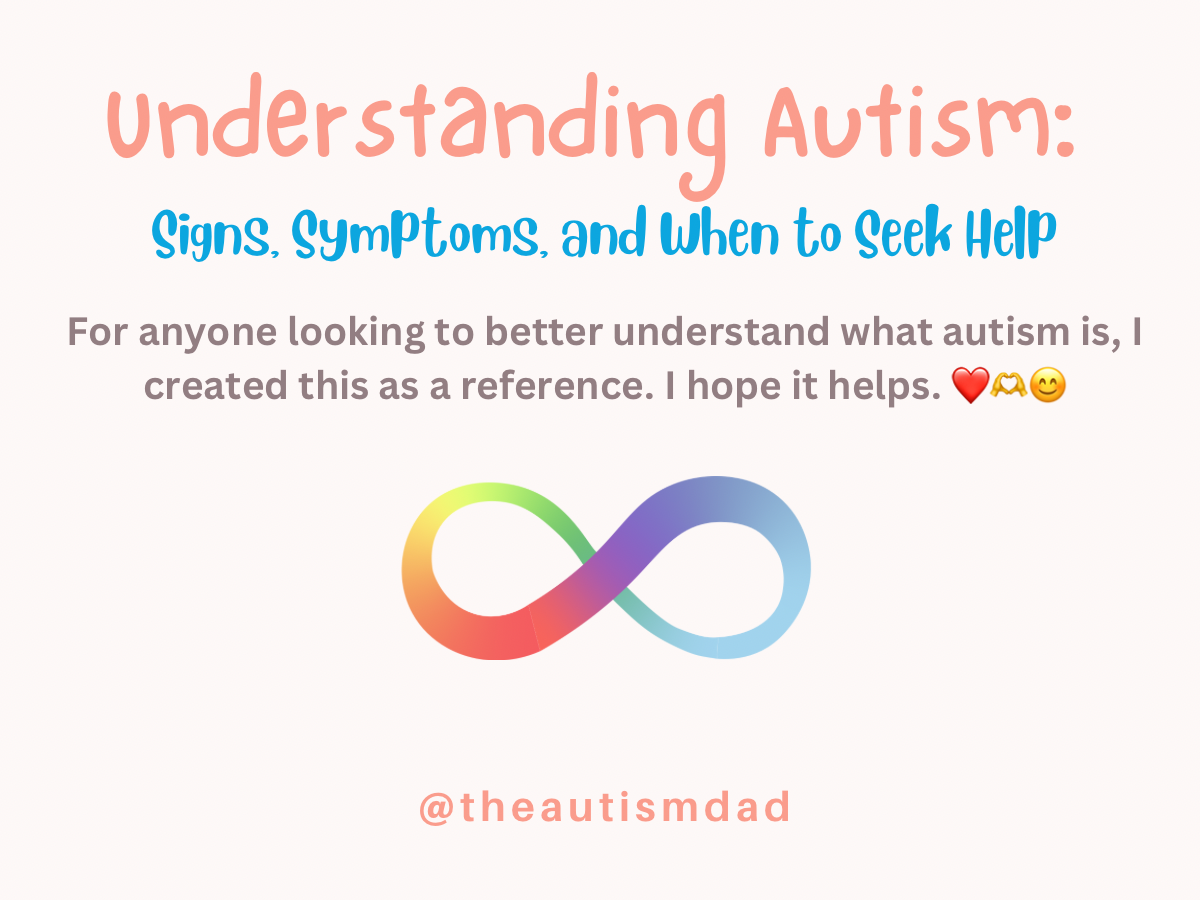Autism and Neuroinflammation: Live with Dr. Theoharides
This is my Instagram Live with Dr. Theoharides from the other day. What This Video Is About: In this powerful Q&A, I sit down with Dr. Theoharis Theoharides—an internationally recognized expert in mast cells, neuroinflammation, and autism—to answer questions directly from parents. We talk about how inflammation in the brain may contribute to autism-related challenges, the role of allergies and stress, how to identify and address comorbidities, and what families can do to support their child’s health naturally and effectively. https://youtu.be/xmAXVWzjCwU?sub_confirmation=1 ⸻ Questions and Answers from the Video: What’s the connection between autism, allergies, and inflammation?Mast cells can disrupt the blood-brain barrier and release inflammatory molecules. This neuroinflammation can affect areas of the brain tied to behavior, like the amygdala. Many autistic kids or their parents also experience allergic conditions…








